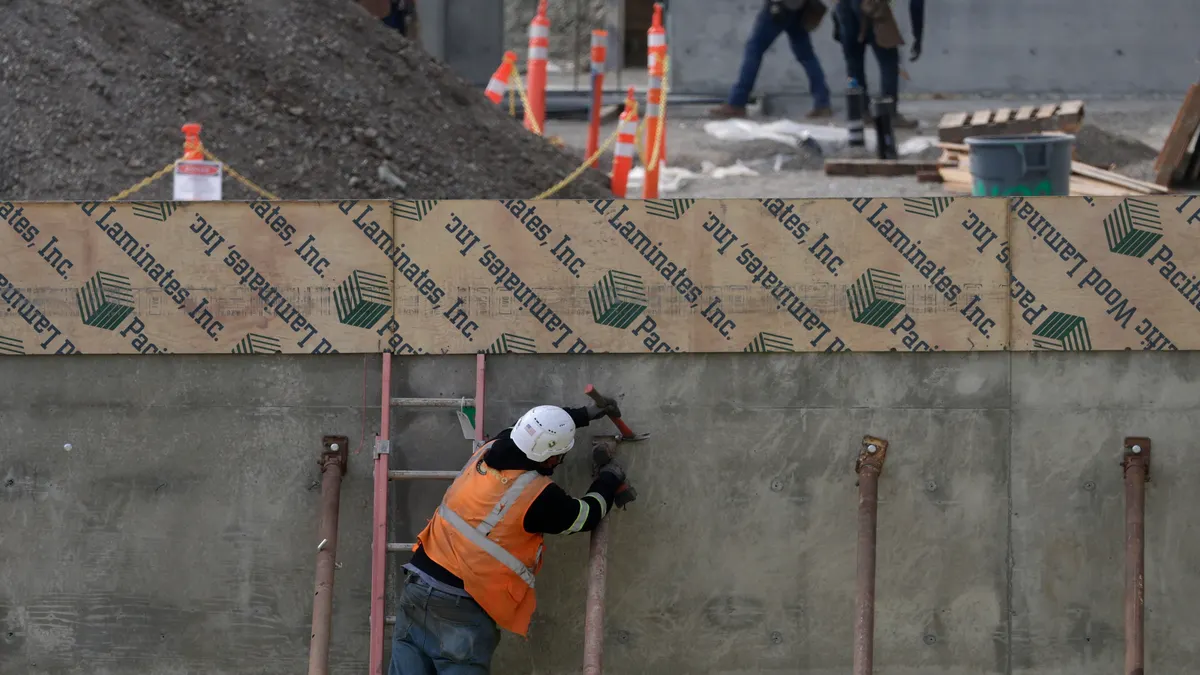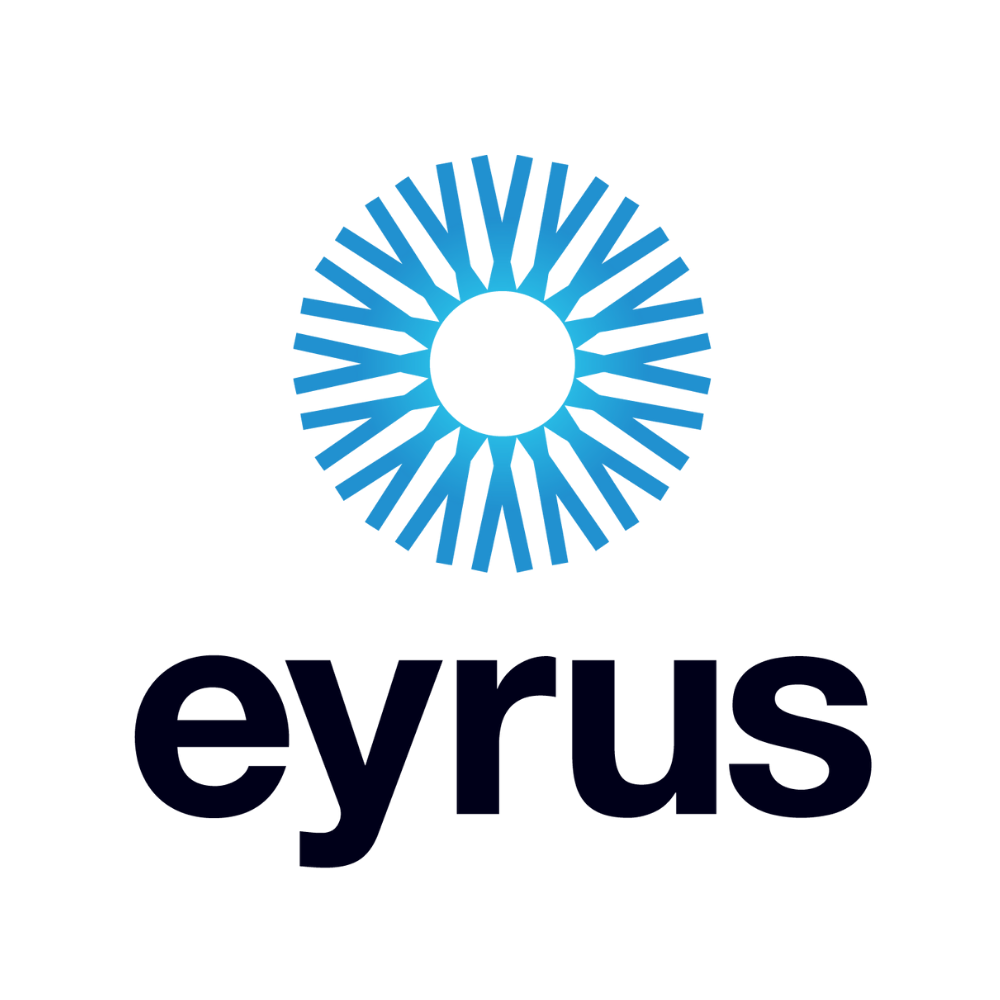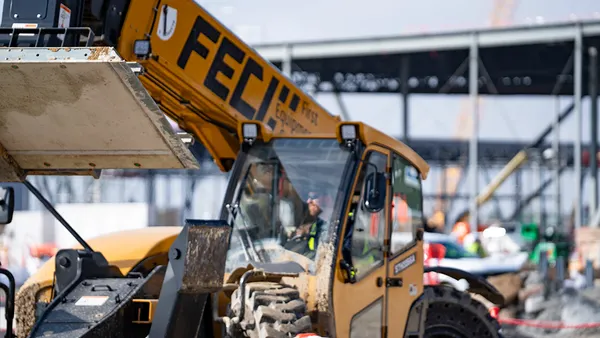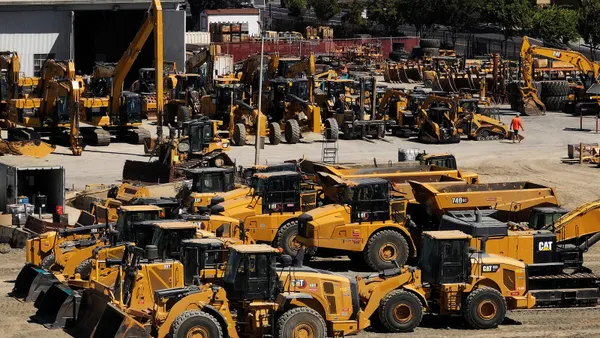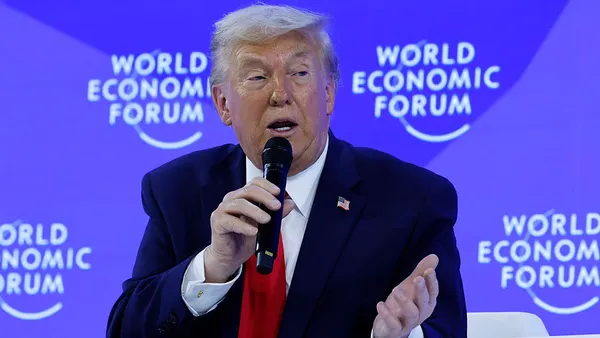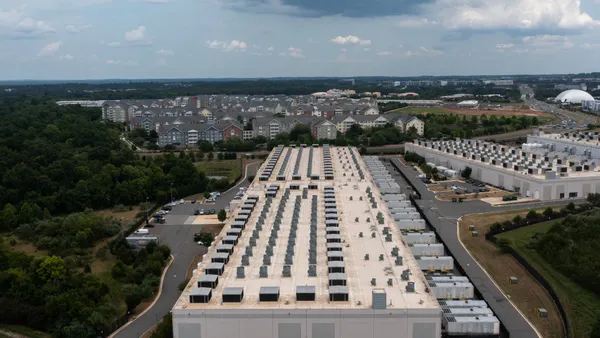Dive Brief:
-
A wealthy Miami activist and landowner has filed a lawsuit trying to block the $9 million sale of a piece of land to a group led by international soccer star David Beckham that plans to build a $300 million soccer stadium on it, according to the South Florida Business Journal.
-
Bruce Matheson is arguing that Miami-Dade County should have solicited other bids. The county maintains that it is allowed to skip the bid requirement for projects with major economic impact as long as the sales price is in line with the appraisal, a standard that Matheson said the county did not meet.
-
In addition to allegations that the county sold Beckham the land at an undervalued price, Matheson, who owns property near the site, argued that the proposed 25,000-seat stadium would negatively impact property values and quality of life in the neighborhood with traffic, congestion and noise.
Dive Insight:
As part of the no-bid deal, Beckham's group promised to spend at least $175 million on the stadium and hire a minimum of 50 full-time, local employees once it is complete. However, the city of Miami must still approve the project's zoning, and the timing of Matheson's lawsuit could extend that process or kill the project altogether.
This isn't the first time Matheson has pushed back against development in the area. Through litigation and with the deep pockets to go the distance, Matheson stopped the Miami Open tennis tournament from expanding their facilities into a public park. He is currently underway with an additional legal action to prevent the sale of another park to Florida International University, according to the Miami New Times.
Securing a piece of land big enough to support the operations of a professional sports venue is no easy feat, and some neighbors, no matter what economic benefits developers promise, will always push back, especially concerning its environmental impact.
In Washington, DC, construction of D.C. United's new 20,000-seat stadium raised issues around air quality for those living nearby. In response, the team donated $50,000 to nonprofit community health organization BreatheDC, which agreed to provide air purifiers for those residents.





